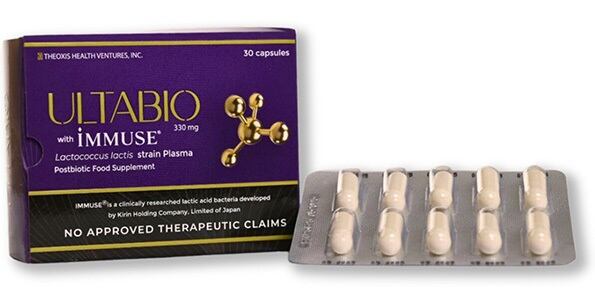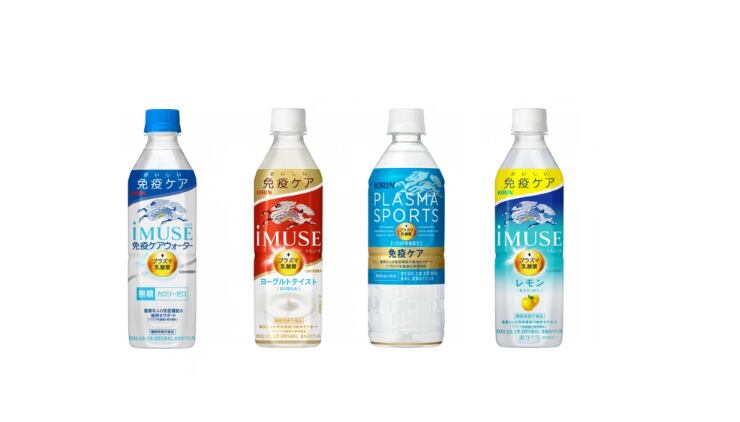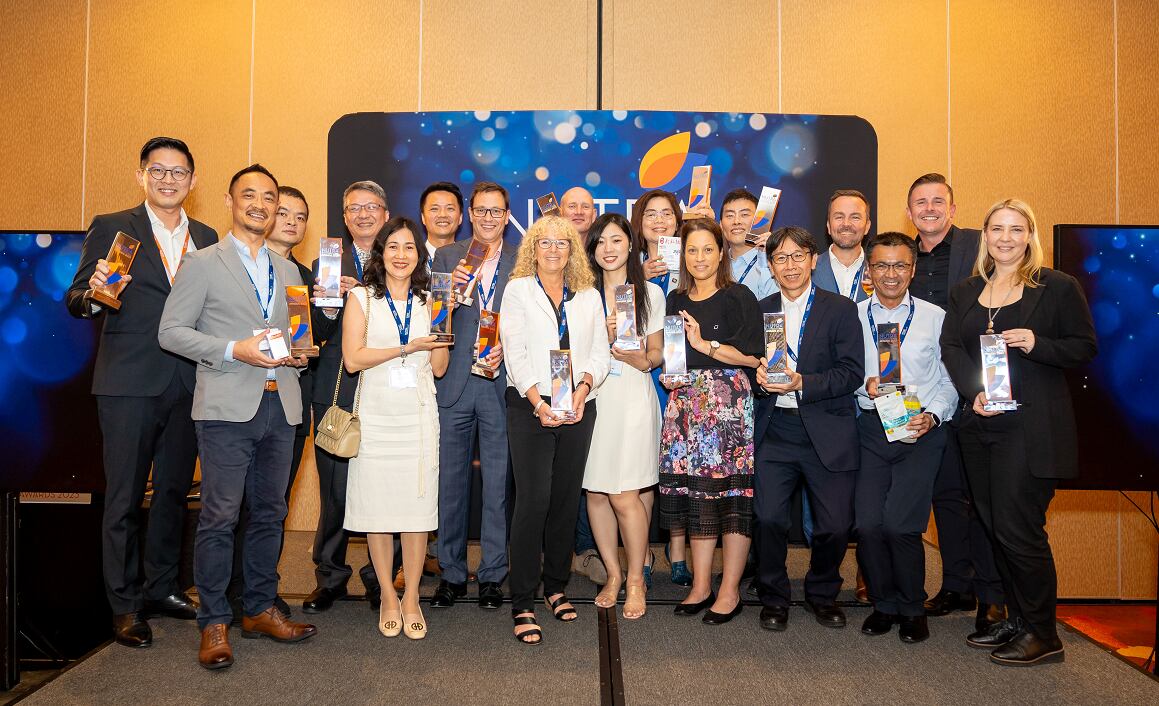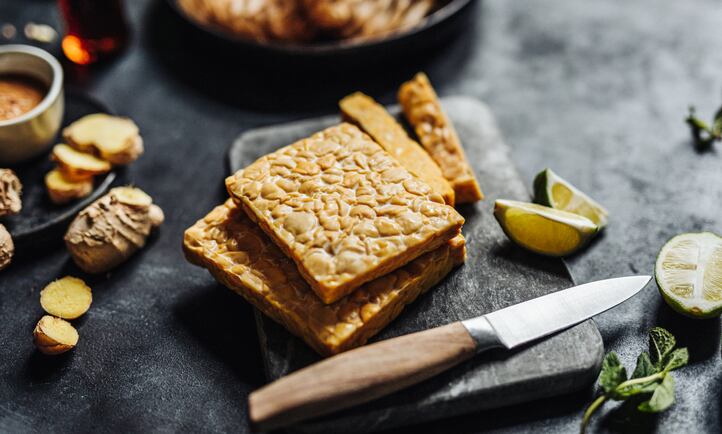The company received approval from the Food Safety and Standards Authority of India (FSSAI) in August that IMMUSE, its proprietary Lactococcus lactis strain Plasma (LC-Plasma) postbiotic, could be used in general foods and health supplements.
The postbiotic was approved under Food Safety and Standards (Approval for Non-Specified Food and Food Ingredients) Regulations, 2017.
Outside of India, the ingredient is already used in various functional food and beverages as well as supplement products. Examples include Kirin’s Foods with Function Claims (FFC) series known as iMUSE launched in Japan.
In fact, the ingredient is the first to be recognised by Japan’s Consumer Affairs Agency (CAA) for its immune health benefits.
Speaking to NutraIngredients-Asia at last month's Vitafoods Asia tradeshow held in Bangkok, Dr Ryo Ohashi, managing director, Kyowa Hakko Bio Singapore, believes that the strong history of dairy, natural products, and probiotics use, could help promote postbiotic consumption in India.
“India has a big population, which is why we are interested in this market. Also, India has a strong history in dairy and probiotics use. People know the benefits of probiotics.
“Although our ingredient is a postbiotic and it functions a bit differently from probiotics, the concept itself is close to that of probiotics. As such, we believe that customers in India will be receptive to the idea of using a postbiotic," said Dr Ohashi.
The company had filed a registration with the FSSAI in January this year and the green light was given earlier than its registrations submitted elsewhere. This included Indonesia and Thailand, where a registration was filed about two years ago, while a registration was also filed in Malaysia about a year ago.
Unlike probiotics, there is no clear regulatory framework for postbiotics in many countries, which could pose as a challenge to the industry.
“India's regulators see our ingredient as a parabiotic instead of postbiotics. We need to explain to them what a postbiotics is,” he said.
A 2020 paper published in Microbial Cell Factories describes postbiotics as "the complex mixture of metabolic products secreted by probiotics in cell-free supernatants such as enzymes, secreted proteins, short chain fatty acids, vitamins, secreted biosurfactants, amino acids, peptides, organic acids."
Paraprobiotics, on the other hand, are described as "the inactivated microbial cells of probiotics (intact or ruptured containing cell components such as peptidoglycans, teichoic acids, surface proteins, etc.) or crude cell extracts (i.e. with complex chemical composition)”.
So far, the FSSAI has published a list of permitted pre- and probiotics.
Asked the registration process for postbiotics, he said that the Indian authorities had asked about their human clinical trial findings, as well as whether the postbiotic has already received approval in other countries. IMMUSE currently enjoys the self-affirmed GRAS status in the US, which he said was “good supporting data."
There are also concerns coming from the Indian authorities on whether postbiotics will produce antibiotic resistant effects.
“This is a dead cell, but regulators still see it as probiotics, live cells. They will ask if it is antibiotic resistant,” he said.
In 2021, the International Scientific Association for Probiotics and Prebiotics (ISAPP) published a consensus statement in Nature Reviews Gastroenterology & Hepatology defining postbiotic as “a preparation of inanimate microorganisms and/or their components that confers a health benefit on the host”.
“As the authorities only have the framework for probiotics, they will tend to adapt the framework that they use for probiotics to define postbiotics.
“There are physical differences between pro- and postbiotics, but there’s still confusion, even with the regulators,” added Amy Lau, business development and marketing lead.
Registration elsewhere
The company has received approval to sell its postbiotics ingredients in another APAC country – Vietnam. The registration in countries around the region, such as Indonesia, Malaysia, and Thailand, however, is still underway.
“There is no regulatory category for postbiotics in Indonesia. When we are registering our postbiotics, they will ask what's the viable count and we have explained that postbiotics are dead cells, but still, we are getting the same questions from the authority. More education on postbiotics is required,” said Dr Ohashi.
Elsewhere in the Philippines, health supplements in the finished product format are required to receive approval from the authorities before they could be marketed.
In May, Theoxis Health Ventures Inc launched ULTABIO with IMMUSE in the Philippines, marking the first time that a supplement containing IMMUSE is sold in Asia outside of Japan.

The product is sold online and in select health food stores across the Philippines.
Another product is set for launch in the Philippines and the final product is currently awaiting approval from the authorities.




